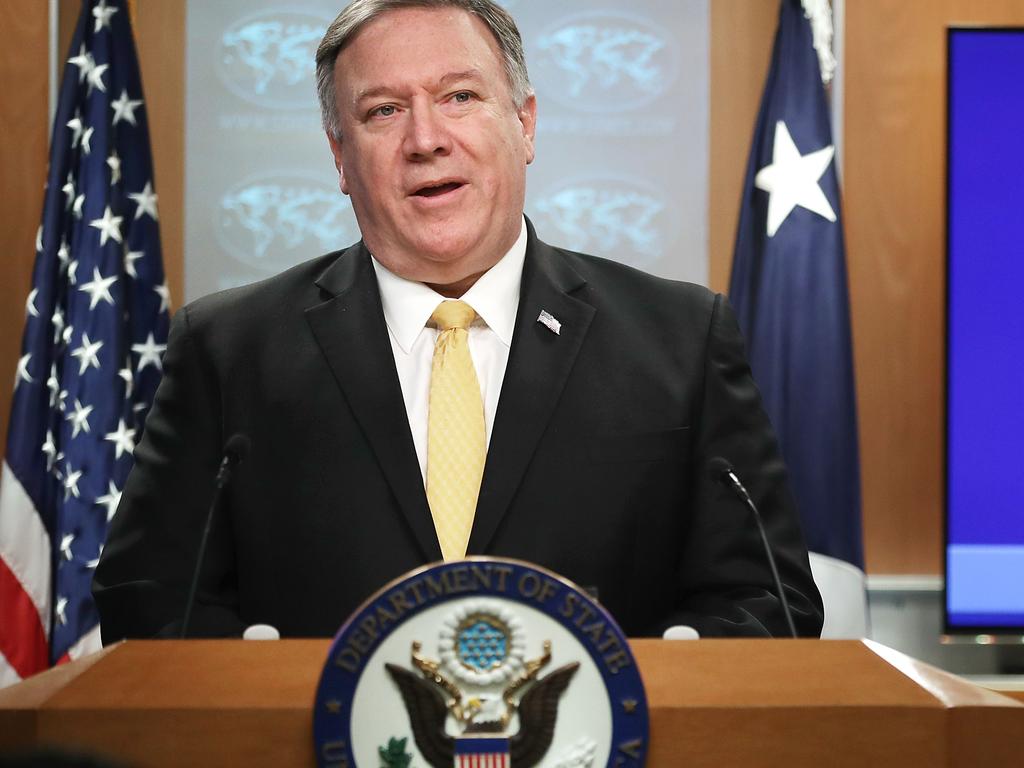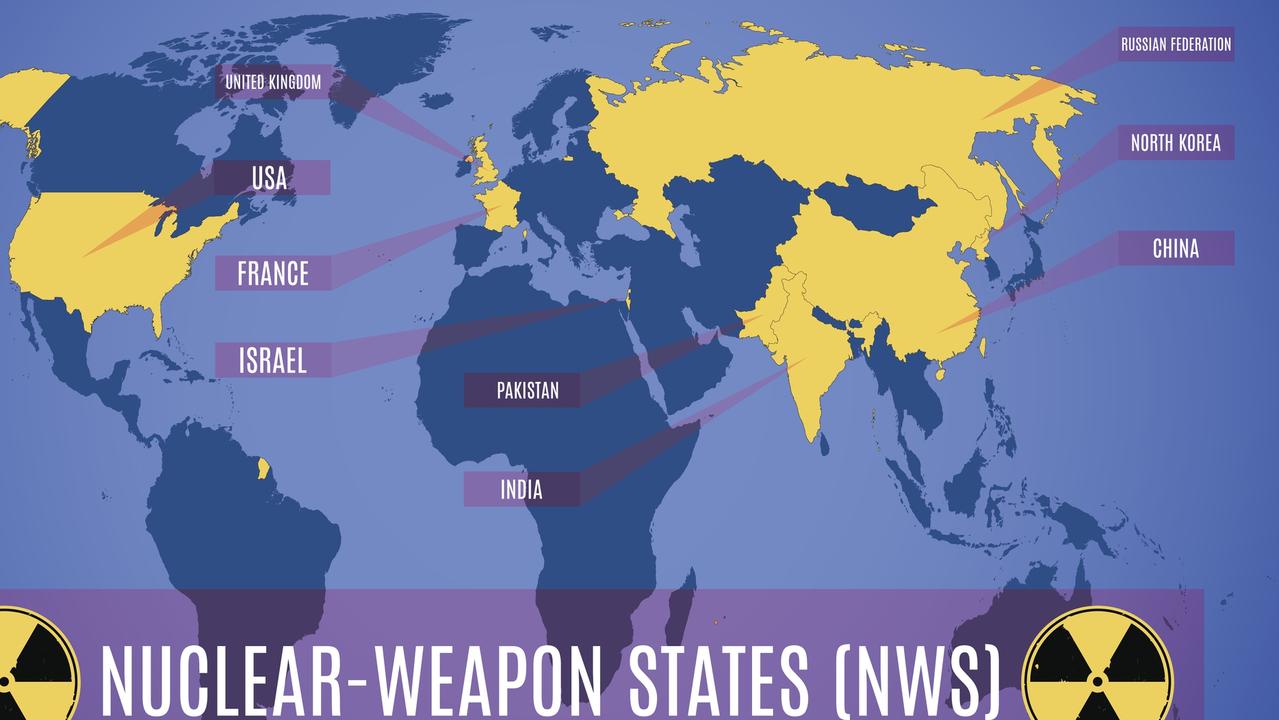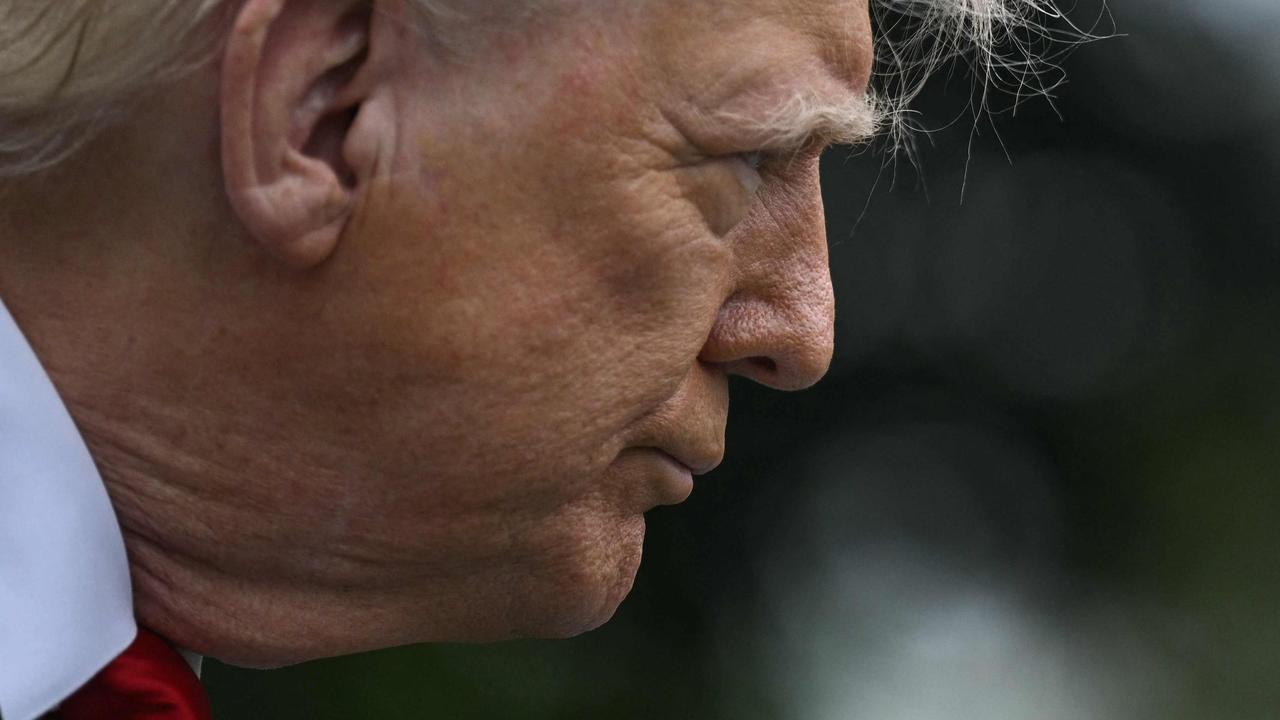US suspends nuclear treaty with Russia
The US will withdraw from a treaty that has been a centrepiece of superpower arms control since the Cold War and whose demise some analysts worry could fuel a new arms race.

The Trump administration has announced that it is withdrawing from a treaty that has been a centrepiece of superpower arms control since the Cold War and whose demise some analysts worry could fuel a new arms race.
An American withdrawal, which has been expected for months, follows years of unresolved dispute over Russian compliance with the pact, known as the Intermediate-Range Nuclear Forces, or INF, treaty.
It was the first arms control measure to ban an entire class of weapons: ground-launched cruise missiles with a range between 500 kilometres and 5500 kilometres. Russia denies that it has been in violation.
US Secretary of State Mike Pompeo says the US will suspend its obligations to the treaty on Saturday.
Sec. Pompeo says that if Russia doesn’t come into compliance, the treaty “will terminate.”
US officials also have expressed worry that China, which is not party to the 1987 treaty, is gaining a significant military advantage in Asia by deploying large numbers of missiles with ranges beyond the treaty’s limit. Leaving the INF treaty would allow the Trump administration to counter the Chinese, but it’s unclear how it would do that.
During remarks made at a news conference in Bucharest, Secretary General Stoltenberg, said there are no signs of getting a compliance deal with Russia.
“So we must prepare for a world without the INF Treaty,” he said.

Technically, a US withdrawal would take effect six months after this week’s notification, leaving a small window for saving the treaty.
However, in talks this week in Beijing, the US and Russia reported no breakthrough in their dispute, leaving little reason to think either side would change its stance on whether a Russian cruise missile violates the pact.
A Russian deputy foreign minister, Sergei Ryabkov, was quoted by the Russian state news agency Tass as saying after the Beijing talks on Thursday, “Unfortunately, there is no progress. The position of the American side is very tough and like an ultimatum.”
He said he expects Washington now to suspend its obligations under the treaty, although he added that Moscow remains ready to “search for solutions” that could keep the treaty in force.
US withdrawal raises the prospect of further deterioration in US-Russian relations, which already are arguably at the lowest point in decades, and debate among US allies in Europe over whether Russia’s alleged violations warrant a countermeasure such as deployment of an equivalent American missile in Europe.

The US has no nuclear-capable missiles based in Europe; the last of that type and range were withdrawn in line with the INF treaty.
Nuclear weapons experts at the Carnegie Endowment for International Peace said in a statement this week that while Russia’s violation of the INF treaty is a serious problem, US withdrawal under current circumstances would be counter-productive.
“Leaving the INF treaty will unleash a new missile competition between the United States and Russia,” they said.
Kingston Reif, director for disarmament at the Arms Control Association, said on Thursday the Trump administration has failed to exhaust diplomatic options to save the treaty. What’s more, “it has no strategy to prevent Russia from building and fielding even more intermediate-range missiles in the absence of the agreement.”

Mr Reif said the period between now and August, when the US withdrawal would take effect, offers a last chance to save the treaty, but he sees little prospect of that happening.
He argues that Trump’s national security adviser, John Bolton, is “unlikely to miss the opportunity to kill an agreement he has long despised.”



